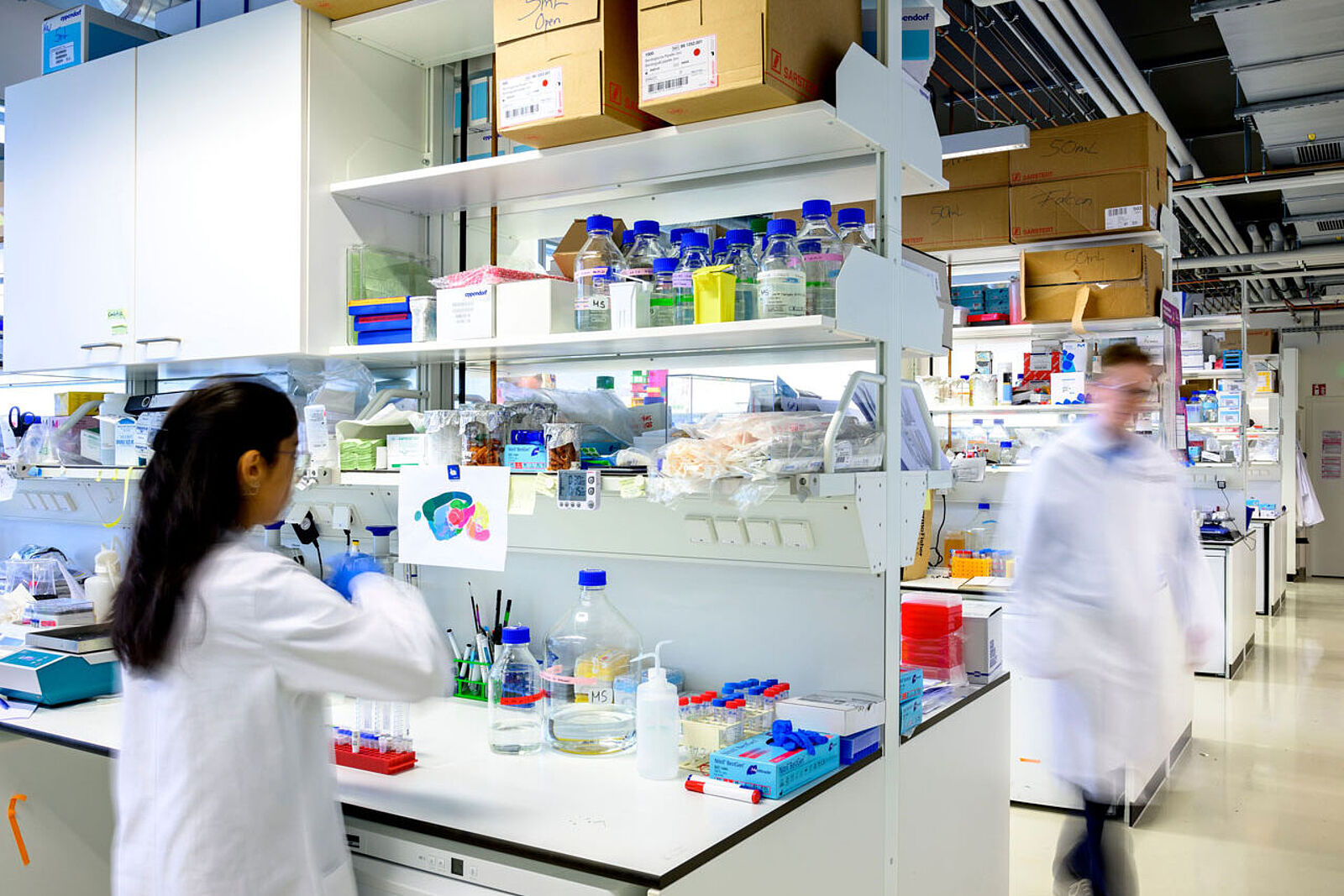Grants for Bonn Researchers
Two early-career scientists in Bonn have been awarded grants by the VolkswagenStiftung and the EU Joint Programme – Neurodegenerative Disease Research (JPND)

Illuminating the brain: Dr. Sinead O’Sullivan, a neuroscientist at DZNE’s Bonn site, is receiving around 490,000 euros from the VolkswagenStiftung to investigate the physiological effects of artificial blue light and excessive electromagnetic radiation (EMR) exposure on the brain. Due to modern technologies such as computers and smartphones, these environmental stimuli have become increasingly common and their potential impact on brain health is largely unexplored. These studies, conducted on mice, will focus on “oligodendrocytes” – cells essential for brain function and myelin formation. Myelin, a vital protective layer around neurons, can be compromised if oligodendrocytes are damaged, negatively affecting neurons. Oligodendrocytes contain the protein “cryptochrome”, which is sensitive to blue light and EMR. As a result, excessive exposure to blue light and EMR may cause defective myelination and ultimately lead to neuronal damage.
Fats and inflammation: Dr. Róisín McManus, who heads a research group at DZNE’s Bonn site, is receiving around 200,000 euros from the EU Joint Programme – Neurodegenerative Disease Research (JPND). She is getting this funding as a member of an international consortium that investigates the influence of fat molecules (lipids) in neurodegeneration. The studies should be viewed in the context that certain lipids, which are quite common in the Western-style, high-fat diet have been linked to inflammatory processes in the brain (neuroinflammation). In line with this fact, obesity is a known risk factor for dementia. Thus, the consortium will investigate the role of these lipids in neuroinflammation through studies in patients, brain organoids and animal models (mice). Particular attention will be paid to the immune receptor TLR4, which is found in the brain’s immune cells. These so-called microglia are significantly involved in inflammatory processes. By doing so, the researchers aim to elucidate how Western diet triggers inflammatory brain changes – and to find approaches for therapies.
July 2024
